Discussing the role of open schooling and online learning and fun at the “Sustainable Development and Education” – International Conference.
By Alexandra Okada
The SUSTAINABLE DEVELOPMENT AND EDUCATION Conference took place online on August 26th – 27th as a special edition of the 8th International Conference for Responsible Research and Innovation organised by LSME – London School of Management Education. This event (Figure 1) brought together academics and practitioners across three continents: Asia, Europe and South America.
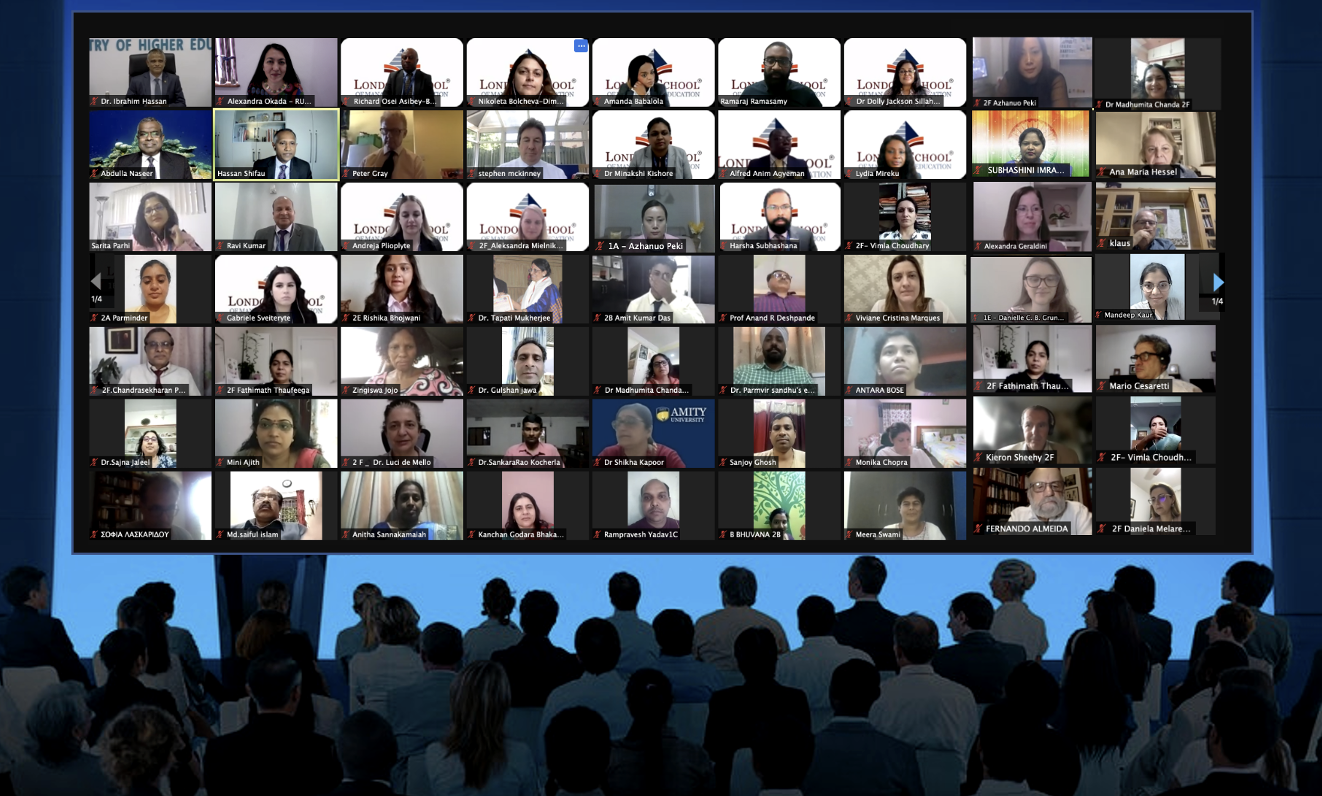 Figure 1 – The Sustainable Development and Education Conference, VIII LSME Aug.2021
Figure 1 – The Sustainable Development and Education Conference, VIII LSME Aug.2021
The core theme of this event focuses on “Democratic Participation in Educational Process & Sustainable Development.” The objective of this large event was to discuss the vital role to be played by education in preparing learners to cooperatively address the global challenges and its local issues facing humanity at this time related to global warming, climate change, environment destruction, diseases, inequalities and violence.
The online event with more than 70 presentations received more than 150 attendees and the special keynotes including Professor Petra Molthan-Hill Faculty Lead, Green Academy, Nottingham Business School, Nottingham Trent University, UK, who opened the event with an inspiring talk “High Impact Climate Solutions: We can do it!” . Petra’s work highlights the importance of equipping youth with the information to teach others about climate change and providing skills needed to make these high impact changes in our activities to reduce carbon emissions. Her framework differentiates between climate change science education, climate change mitigation education and climate change adaptation education. Some interesting links presented are: Carbon Literacy designed for business schools and universities and inspired by a training in the television sector. The UN PRME Climate and other initiatives aim at engaging students in curricular and extracurricular activities.
26th of AUGUST 2021
The session about Open Schooling for Sustainability attracted a large number of participants from Austria, Brazil, Catalunya, Denmark, Ghana, Greece, India, Netherlands, Norway, Portugal, Spain and UK. It was chaired by Dr Peter Gray from the Norwegian University of Science and Technology.
The session started with the panel “Open Schooling to Enhance Innovation Ecosystems” (Figure 2) whose aim was to debate issues, drivers and challenges.
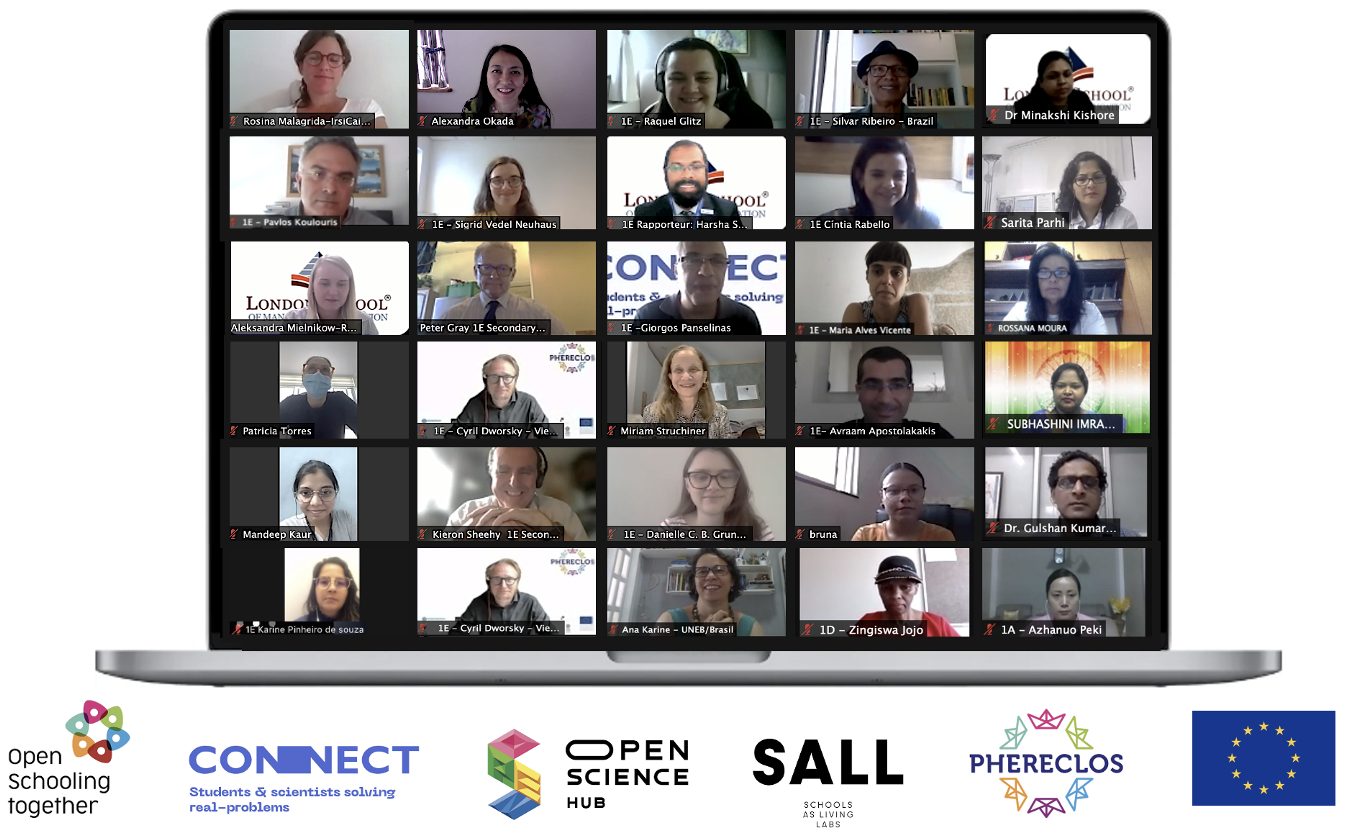 Figure 2 – Open Schooling – OS Together Panel and CONNECT studies – VIII LSME Aug.2021
Figure 2 – Open Schooling – OS Together Panel and CONNECT studies – VIII LSME Aug.2021
Dr Alexandra Okada from the Open University – UK and scientific coordinator of CONNECT (2020-2023 introduced the ‘open schooling’ term as a key feature of the openness movement to empower students as protagonists for sustainability supported by schools, universities, enterprises and civil society underpinned by Hodson’s theoretical principals – Looking to the future: building a curriculum for social activism. In CONNECT, students and scientists solve real problems supported by the ‘CARE-KNOW-DO’ framework with participatory approaches for science actions enhanced by structured curriculum materials and open scenario resources. She highlighted the United Nations’ event COP26, which takes place in the UK in November 2021. This event is now opening doors for children and youth to participate in discussions and voice their concerns. She brought some questions for those interested in open schooling as an innovative approach to enhance quality of education for the Agenda 2030. “Is the school preparing young people to express their voices authentically with critical-creative-scientific thinking for sustainability? And for those who do, are they by chance considering the regions and actors that are less well represented?”
Dr Maria Vicente from the Leiden University in Netherlands, the project coordinator of OSHUB (2019-2022), highlighted the importance of engaging and supporting all participants to implement open schooling. This includes families, universities, research institutes, industry, media, local governments, civil society organizations and wider society. Engagement and support are key requirements for open schooling implementation. The OSHUB network is inspired by the Science Shop model. The OSHUB teams use research and innovation for educational communities in disadvantaged geographical location, socio-economic status and ethnic minority group background – to develop real-life projects that meet societal needs using a seven-steps approach: school engagement, stakeholder engagement, community building, tackling local-to-global challenges; co-creation of open schooling projects; value proposition; and technical and financial feasibility plans. To reflect more about open schooling, Dr Vicente is interested in two questions: “How can open schooling become a whole-school approach (opposed to promoted by individual motivated teachers)? What are the needed institutional incentives and how can they be developed / put in place?”
Dr Cyril Dworsky from the Vienna Children’s University in Austria, coordinator of PHERECLOS (2019-2022), mentioned that Models of Engagement and Intermediation, like Children’s Universities, can be beneficial for educational establishments and for the social communities in a wider context and have been proven useful and sustainable. Children can attend lectures and workshops, and also get in touch with scientists and experience the university. “The Vienna Children’s University has been organised by the Vienna University Children’s Office every summer since 2003. For two summer weeks, the doors of the university are open to more than 4,000 children aged 7 to 12”. As highlighted by PHERECLOS team, the disconnection between classroom-centered teaching and learning and the day-to-day life of the community is a big challenge for educational communities, which could be addressed by open schooling to bridge the formal curriculum and societal issues including the interaction with society. In PHERECLOS, Local Education Clusters involve diverse school levels and explore and deploy various didactical concepts and approaches from co-creation to problem-based learning with a clear focus on an inclusive and gender sensitive way of teaching and learning. Cyril is also interested in continuing the discussion with two questions: “How can institutions be opened up and how far can horizons of its agents be broadened towards the challenges of a transforming society of today? How serious are possibilities of learners limited by the confined walls of traditions?”
Dr Pavlos Koulouris, from the Research and Development Department of Ellinogermaniki Agogi in Greece, led the open schooling project OSOS (2017 – 2020) and is the coordinator of SALL (2020-2023). He emphasised that one of the key outcomes of open schooling is students’ engagement through an active role that they play in open schooling. SALL is based on Living Labs Approach, which supports user co-creation systematically by integrating research and innovation processes in real life communities and settings. Its theme focuses on the innovation ecosystem related to food, which covers all elements and activities related to the production, processing, distribution, preparation, and consumption of food, as well as its disposal. It also includes the environment, people, processes, infrastructure, institutions, and the effects of their activities on our society, economy, landscapes, and climates (EC2030 Expert Group, 2018). SALL brings together school communities – with the direct and active involvement of students -, research institutions, science centres, third-sector organisations, businesses, as well as policy makers, and engages them in intensive dialogue, mutual learning and exchange.
The following sessions all about CONNECT, provided an overview about studies developed by various countries. In Brazil, three groups presented their work. First, Dr Cintia Rabello, representing COLEARN network presented the work coordinated by Alexandra Okada with five associated partners supporting open schooling projects in five less well representative territories and actors, including her work about sub-urban region – LabLanguages, multiliteracies to face misinformation in Niteroi; urban town the Webradio Project with podcasts about racism demystifying science – led by Dr Miriam Strichiner in Rio de Janeiro; rural territories with gender equality project about girls’ early pregnancy and puberty, led by Dr Rossana Moura; semi-arid area with scientific and digital skills to empower teachers and students led by Dr Karine Souza; and indigenous communities initiative about reducing digital divide with inclusive STEAM approaches led by Dr Thais Castro in Amazonas. The video bellow provides a summary of the five open schooling initiatives in Brazil.
There were two other initiatives: own in the South of Brazil focused on multi-literacies enhancing scientific thinking and mother languages to help students develop critical-creative thinking for problem solving and project-based learning, led by Dr Patricia Torres and Dr Raquel Glitz from PUC-PR. The other constitutes a significant open schooling initiative in the North of Brazil, Rewilding Birds in the semi-arid of Brazil, which focuses on environmental protection. The wildlife trade, capture, marketing, and captivity of songbirds was selected as a theme for open schooling because it has a strong impact in the region’s ecosystem. The project is led by Dr Silvar Ribeiro and Anna Rocha from UNEB.
Dr Sigrid Neuhaus, representing DBT – Denmark, introduced the open-ended scenarios building upon the tradition of Deliberative Democracy and Technology Assessment. It is based upon the idea of democratic, well-informed, and inclusive decision-making processes relevant for scientifically literate society by putting scientific knowledge into the context of society as well as using this knowledge for decision making processes.
In Spain and Catalunya, open schooling initiatives and framework for open schooling engagement were presented by Dr Rosina Malagrida from IRSI-Caixa, the open schooling initiative aimed at addressing the prevention of COVID-19 in the school environment. An innovative approach to enhance the engagement of participants was to invite the education community to participate as co-researchers in the research project “Escoles Sentinella” led by the Catalonia Local Government. IRSI developed an innovative approach supported by participatory action research (exploration, consultation, integration, priorisation and dissemination) implemented with engaging workshops.
In Greece, Dr Giorgos Panselinas from RDE presented the open schooling initiatives using open scenarios and structured curriculum to support students’ science actions in various topics: renewable energy, global warming, chemical pollution, plastics and COVID-19 . These initiatives were enhanced by teachers’ professional development community which enabled the collaborative production of resources. Some key benefits were identified: (1) developing resources that can be used in activities in and outside schools; (2)providing students with activities that are more real with topical data selected by scientists including meaningful connection with the curriculum; and (3)having students motivated with resources that enable them to become agents of sustainable development.
The session was enriched by various comments by attendees who participated in the discussion with speakers in the chat. Some of the comments are illustrated below:
- “Very insightful and enlightening sessions by great speakers.”
- “Thank you for the wonderful and knowledgeable session with useful information about open schooling.”
- “The co-evaluation is a challenging endeavour and I liked how the program becomes part of the doctoral process.”
- “Hi all it is very interesting to see open schooling involving students, teachers, families and experts from various knowledge areas – multidisciplinary projects – Language, Numeracy, Digital and Scientific Literacies.”
- “Thank you for these valuable highlights.”
27th of AUGUST 2021
The session “Online Learning and Fun” was chaired by Alexandra Okada from the Open University, UK, who brought together various partners from the UK, Portugal, Brazil, Spain and Indonesia to explore students’ epistemic beliefs about how they learn and their views about fun in learning.
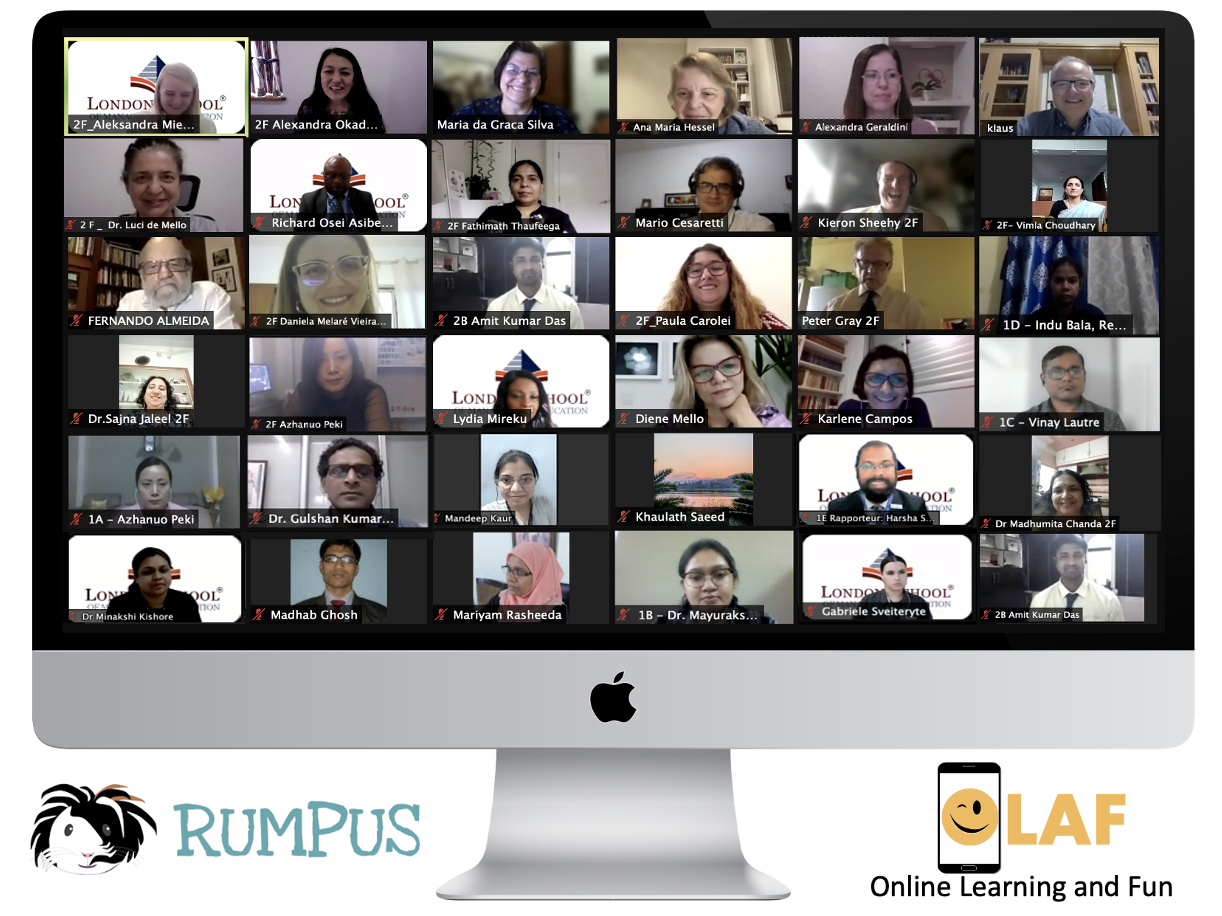 Figure 3 – OLAF – Online Learning and Fun Research Studies and Discussions – VIII LSME Aug.2021
Figure 3 – OLAF – Online Learning and Fun Research Studies and Discussions – VIII LSME Aug.2021
This session included eight research studies presented by eleven speakers from various universities led by Prof Dr Daniela Barros in Portugal, led by Prof Dr Elizabeth Almeida in Brazil, led by Prof Dr Maria Cacheiro in Spain, and led by Prof Dr Kieron Sheehy Prof Sheehy opened the session with a key issue: “Should ‘Meaningful’ Online Learning Experiences be Fun for Higher Education Students in Indonesia?” He pointed out that 80% of institutions whose students have left campus and returned to their home locations are concerned about how to support students’ retention and progress. Kieron’s study identified two key factors: students’ epistemological beliefs and their beliefs about fun in learning. Findings indicated the lack of enjoyment with online study including a dissatisfaction with a content delivery approach to online teaching. These results will be used to provide recommendations for tertiary education in Indonesia.
Dr Paula Carolei presented ‘Creative Gamification and Fun: Possibilities of Authorship, Autonomy and Collaboration’ with her colleague Diene Mello. Carolei highlighted fun as a dimension of gamification, but it is not the type of fun that distracts or alienates. Fun contributes to students’ immersion and agency as it creates opportunities for experimentation, exploration, tensions and overcoming challenges to a more authorial and creative attitude.
Prof Dr Daniela Barros’s work was entitled ‘Higher Education in Pandemic Times: Personalization, Engagement, Autonomy and New Learning Strategies’. The objective of her study was to propose recommendations for the customization of teaching strategies through pedagogical resources, aiming at promoting online education with fun. Her findings show that personalising learning according to the student’s profile allows more engaging and fun pedagogical approaches from the point of view of the students in higher education.
Prof Dr Klaus Schluzen Junior presented ‘The CCS Approach and Fun Learning: An Analysis of Research Data for Inclusion’. His study analysed the perception of educators concerning the relationship they establish between diversity, inclusion and fun learning with reference to the assumptions of the CCM approach – Constructionist, Contextualized and Meaningful pedagogical approaches. These teachers and lecturers reveal they use diversified pedagogical strategies to promote open, more meaningful and engaging learning.
Dr Lucy de Mello discussed ‘Learning Experience Design and Active Methods for Student Fun, Pleasure and Engagement in Online Courses’. Her work examined how to assist teachers in the adoption of active methods in online course offerings through the adoption of fun and enjoyable activities that result in student engagement and improvement of their learning results, through a learning experience design instrument. Her findings present the relationships between the fun and pleasurable practices reported by the students. These relationships indicate characteristics of the active pedagogy, dialogical education and design instrument.
Prof Dr Ana Hessel’s work about ‘The Pleasure of Learning: The Vision of Complex Thinking’ is underpinned by the concept of understanding in the context of complex thinking (Edgar Morin) complemented by the concept of meaningful learning (David Ausubel). To reflect on the conditions in which the pleasure of learning can occur in the context of online classes through the following developments: what senses and meanings are present in learning; in what extent the relationship between theory and practice contributes to meaningful learning; how didactic and methodological strategies, such as problematization, are valued in pleasant learning experiences. Her findings highlight the relationship between the individuals’ perceptions of the pleasure of learning and the concepts of understanding in the systemic/complex dimension and meaningful learning.
Prof Dr Alexandra Geraldini presented Motivation, Involvement and Fun in the Online Learning Process: Perception of Undergraduate Students. This work was developed with her colleagues Karlene Campos and Mario Cesaretti. The study examined how undergraduate students perceive fun learning and the extent to which it articulates with motivation and involvement and whether, in their opinion, fun should be part of learning. Data reveal that most students consider that fun should be associated with learning and relate fun learning to activities that promote motivation and involvement. However, online learning experienced during the period of social isolation was considered fun by only 27% of participants. Considering the important role that fun and enjoyment can play in the learning process, this last data reiterates the already addressed need to reshape pedagogical dynamics and strategies at the University.
Prof. Dr Graça Silva discussed the ‘Algorithmization of Happiness or the Reconstruction of the Humanizing Nature of Numbers?’ – work developed with her colleague Prof Dr Fernando Almeida. Their study analyses the students’ voice regarding their online classes, through the lens of Paulo Freire’s (1997) theoretical principles, to provide evidence of paths for the reconstruction of the humanizing nature of education. Their findings indicate that students understand learning that is happy, pleasant or fun occurring in situations that involve a challenge, group projects, interactions between teachers-students and students-students, when they feel respected, listened to, and valued.
The session was appreciated by participants, both speakers and attendees, who established a fruitful dialogue in the chat during the presentations. Passion led us here:
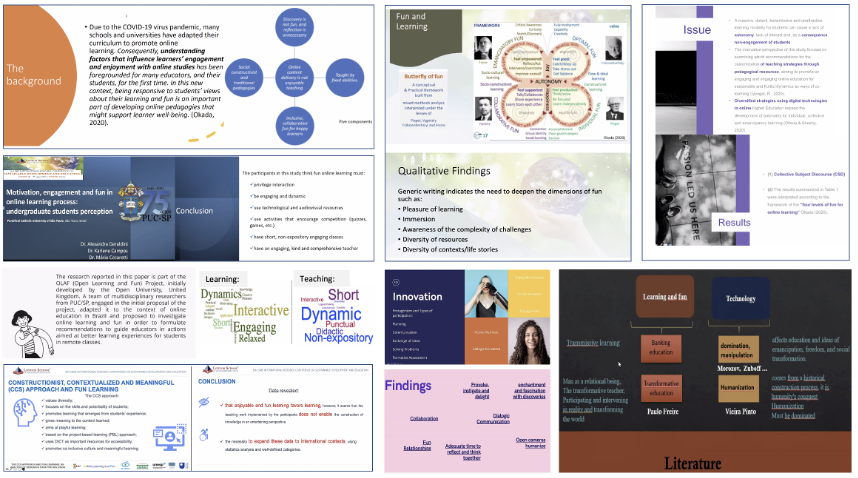 Figure 4– OLAF – Online Learning and Fun Research Slides and Discussions – VIII LSME Aug.2021
Figure 4– OLAF – Online Learning and Fun Research Slides and Discussions – VIII LSME Aug.2021
- “Exploring and understanding the contradictions are important for developing inclusion post-pandemic… Great work.”
- “very important connection with inclusion and how we can work with fun”
- “thank you for these valuable highlights”
- “I really like the finding term ‘enchantment’ -that is insightful.”
- “Seems that collaboration(social) is key to fun in online learning”
- “Yes, It seems it is. I was not expecting this to emerge from all the different countries.”
- “About de social aspect, the collaboration is really important… in fact the quality of it is important… the way the teacher can promote and instigate the collaboration is one of the key points”
- “This is very relevant results to reflect about recommendation for students, retention and progress.”
- “Thank you so much… Looking forward to hearing about your next steps.”
- “Thank you Again, collaboration and interaction for online learning”
- “‘Kindness’ in learning, is deeply related to this next presentation => Humanising the nature of Education”
- “Amazing title!”
- “By the way, everyone – Paulo Freire is a reference in Brazil and across the world – scholar of Critical Pedagogy – author of Pedagogy of Oppressed; Pedagogy of Autonomy;… and Emancipatory Education”
- “Thank you everyone. I really enjoyed this session. OLAF is great and very worthwhile :-)”
- “This was such great session -really well done. Everyone was brilliant. OLAF rocks!”
- “Wonderful presentations”
- “Great Session Indeed. Thank you!”
- “Namaste 🙏🙏🙏🙏”
The event was ended by the keynotes H.E. Dr Abdulla Naseer, Minister of State for Environment from the Ministry of Environment, Climate Change and Technology, Maldives and H.E Dr Ibrahim Hassan, Minister of Higher Education, Maldives. Both highlighted the effects of climate change and the relevance of education for sustainable development.
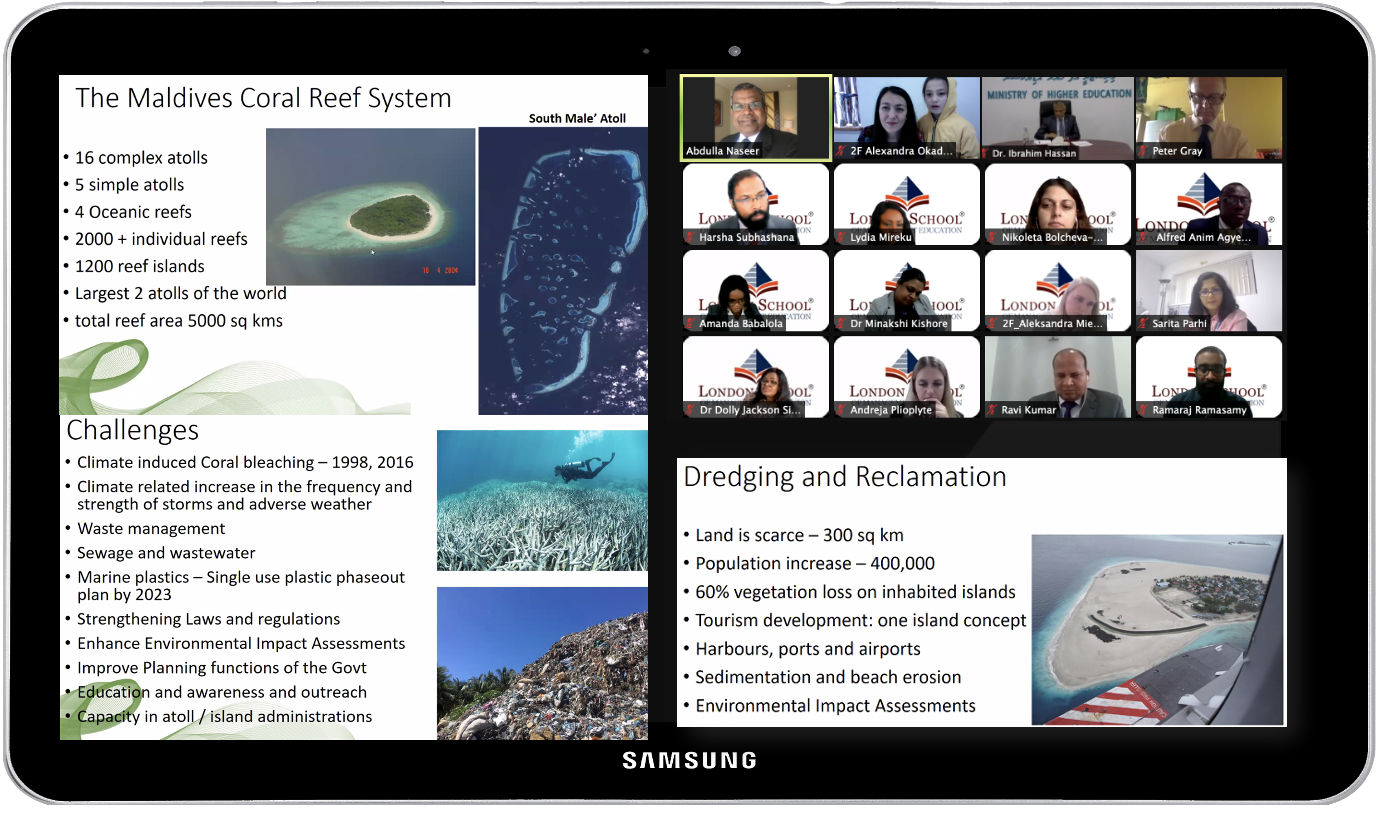
Figure 5– ENVIRONMENT AND EDUCATION IN MALDIVES – VIII LSME Aug.2021
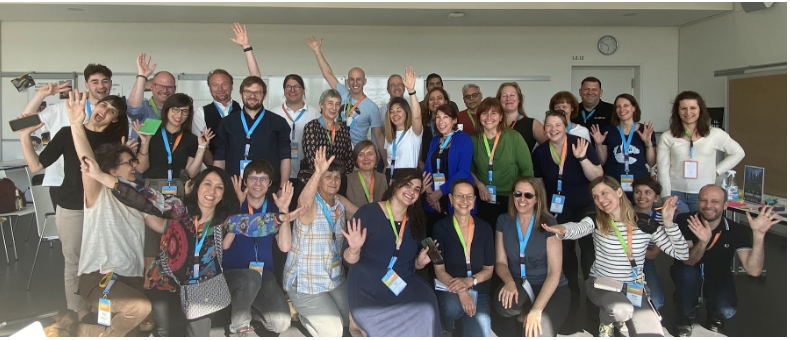

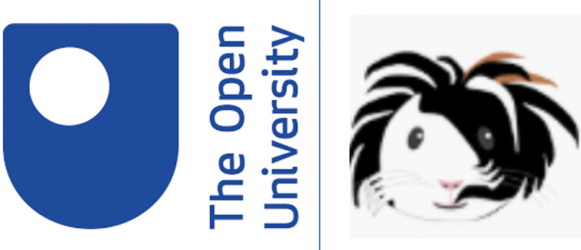
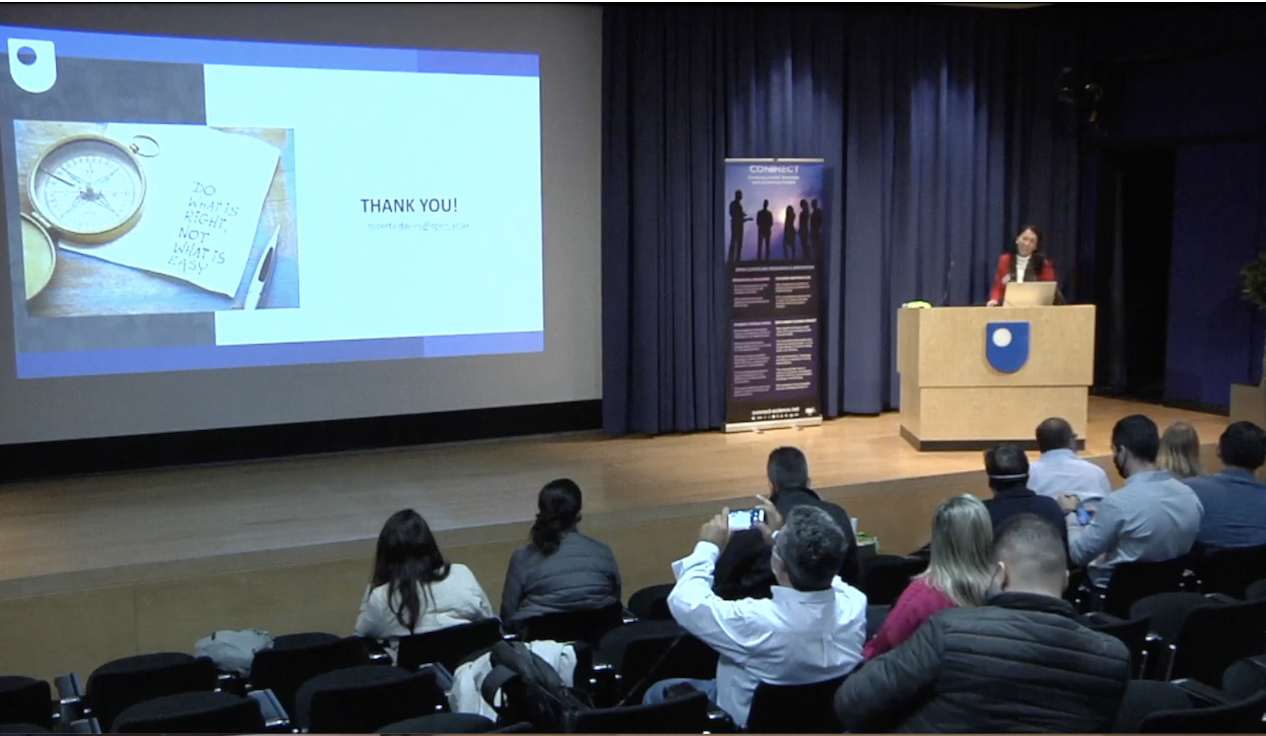
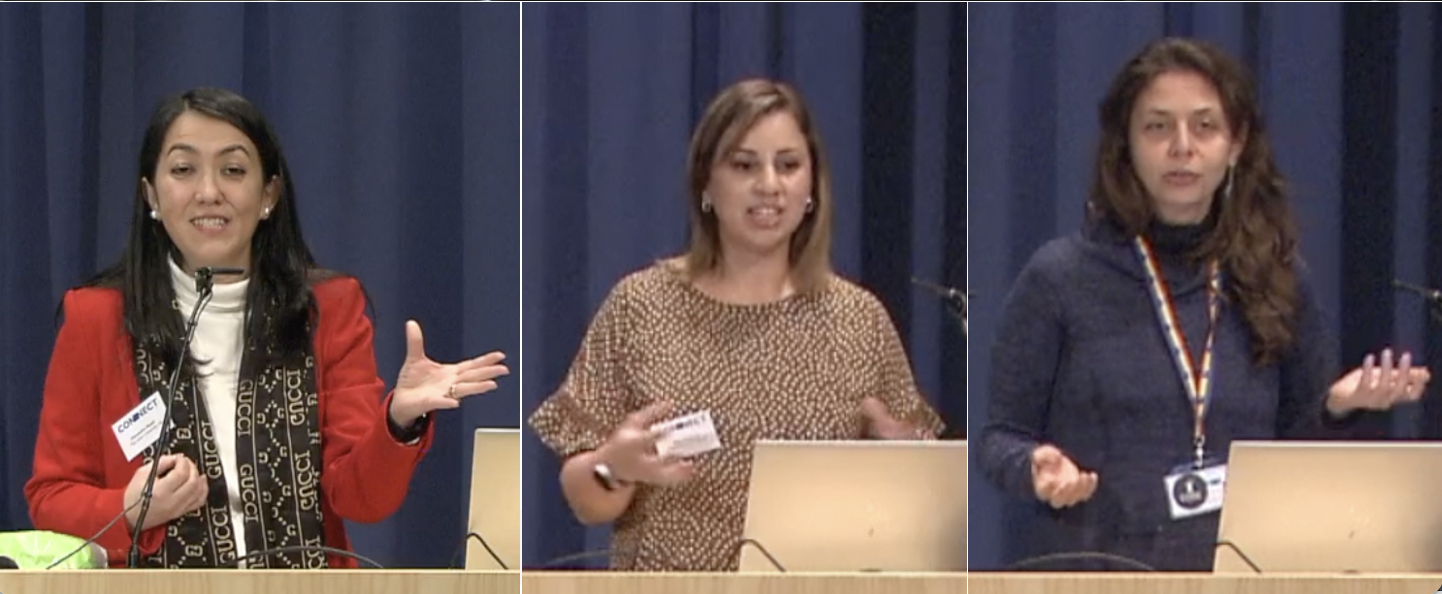
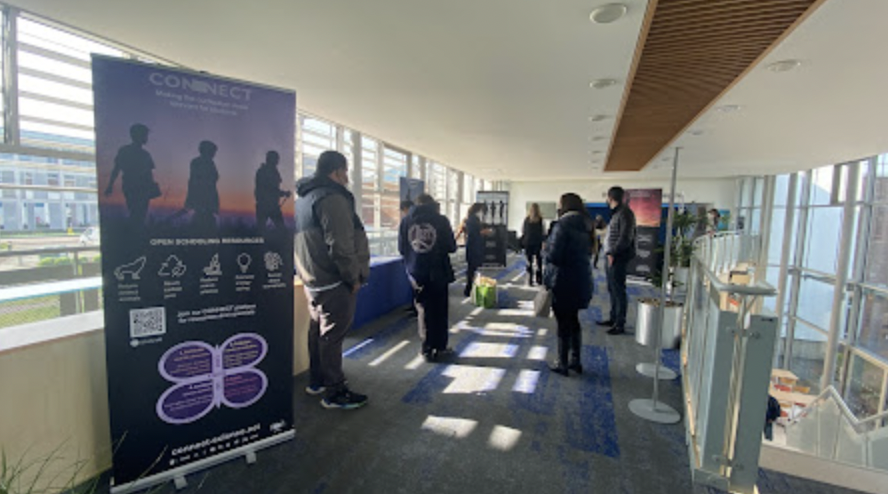
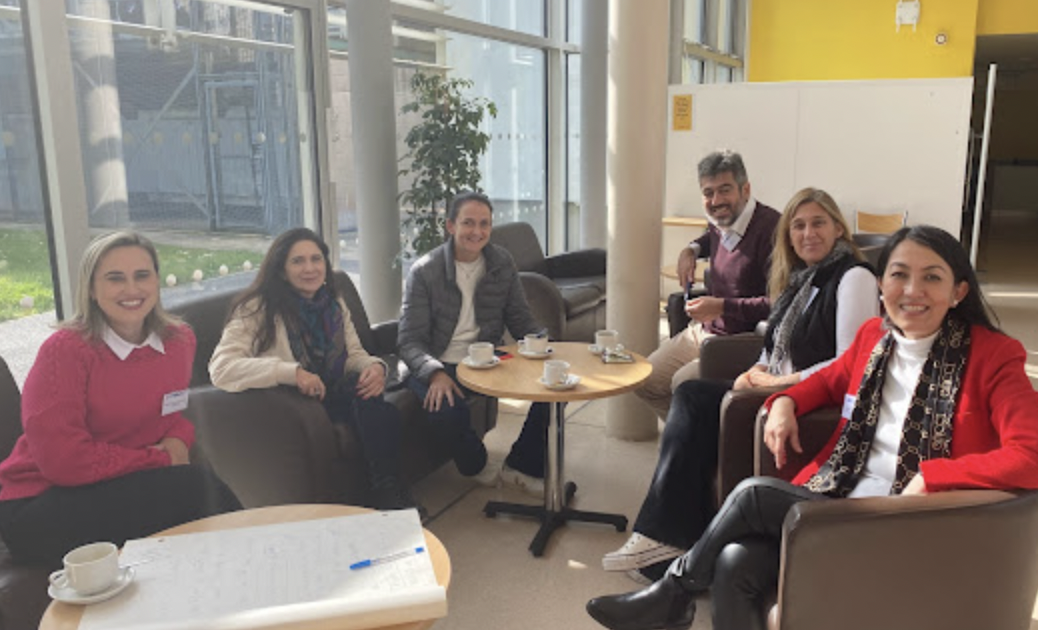
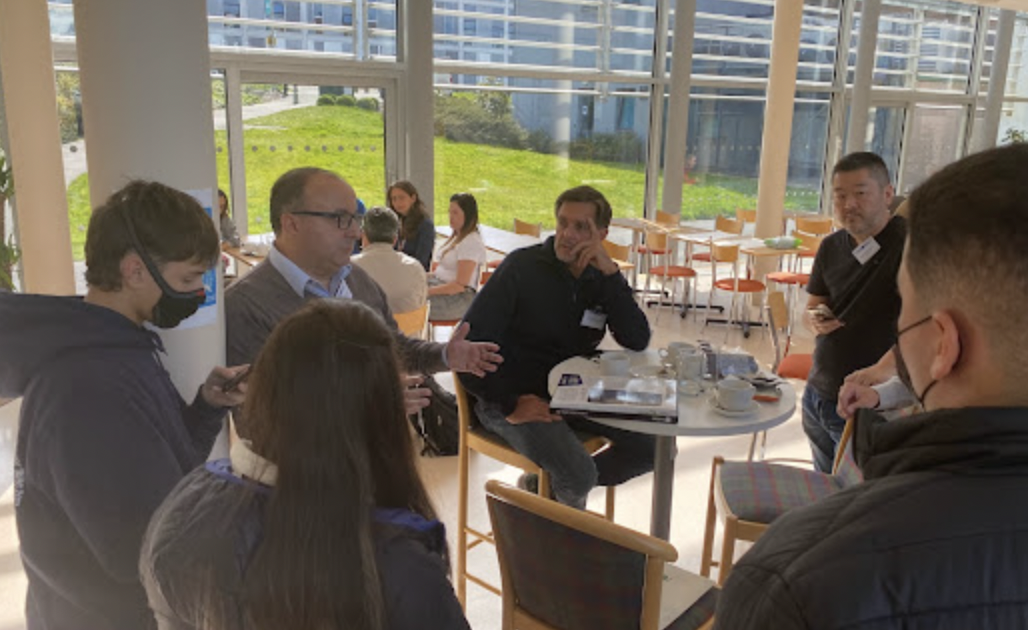
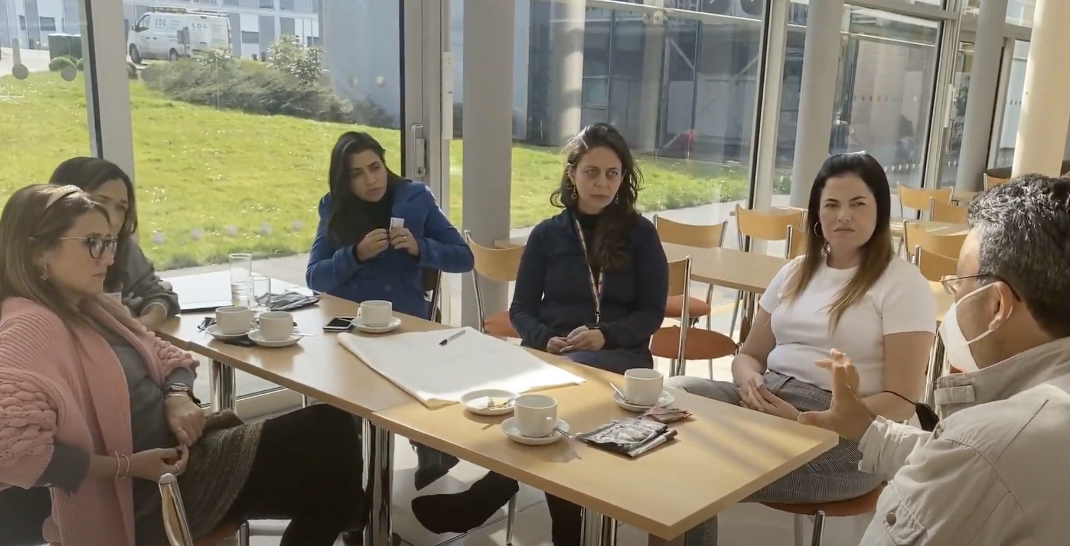
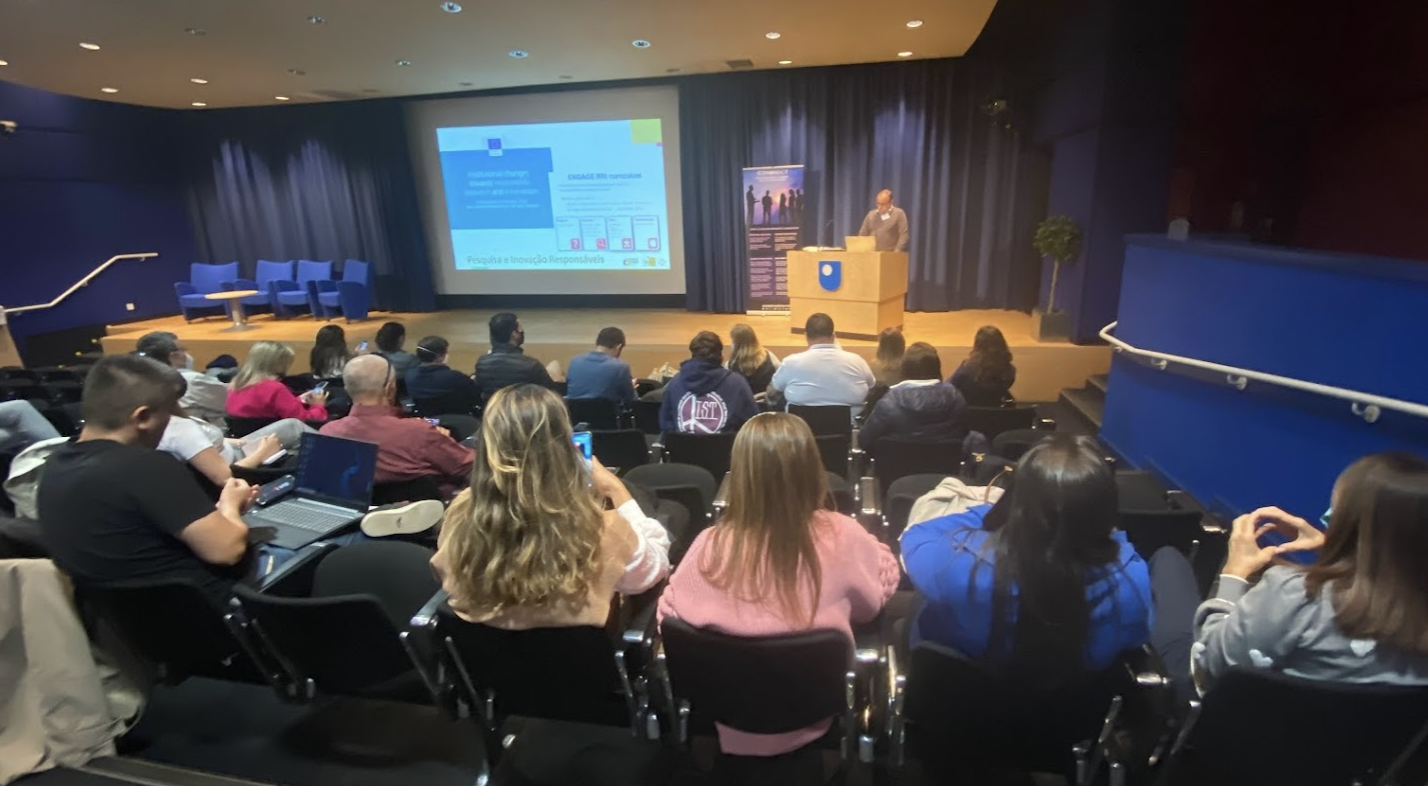
 Figure 1 – The Sustainable Development and Education Conference, VIII LSME Aug.2021
Figure 1 – The Sustainable Development and Education Conference, VIII LSME Aug.2021 Figure 2 – Open Schooling – OS Together Panel and CONNECT studies – VIII LSME Aug.2021
Figure 2 – Open Schooling – OS Together Panel and CONNECT studies – VIII LSME Aug.2021 Figure 3 – OLAF – Online Learning and Fun Research Studies and Discussions – VIII LSME Aug.2021
Figure 3 – OLAF – Online Learning and Fun Research Studies and Discussions – VIII LSME Aug.2021 Figure 4– OLAF – Online Learning and Fun Research Slides and Discussions – VIII LSME Aug.2021
Figure 4– OLAF – Online Learning and Fun Research Slides and Discussions – VIII LSME Aug.2021
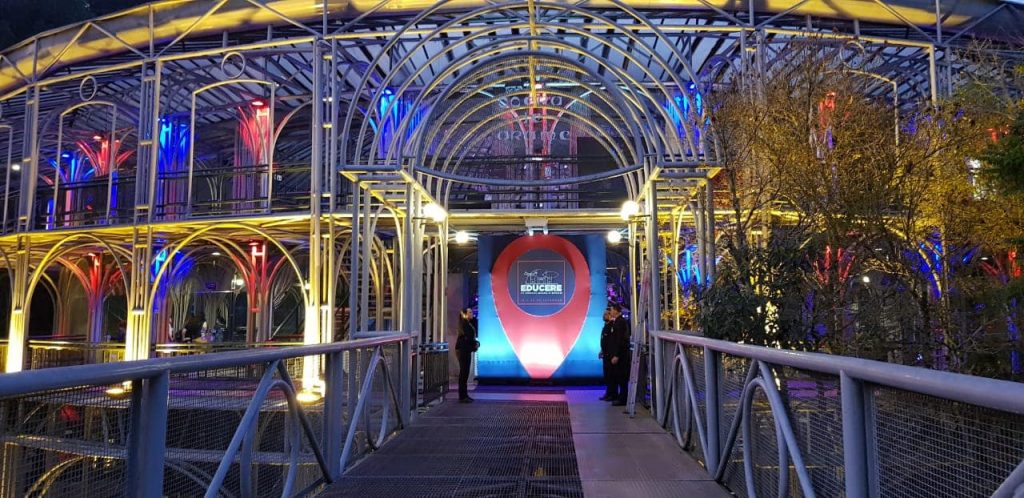
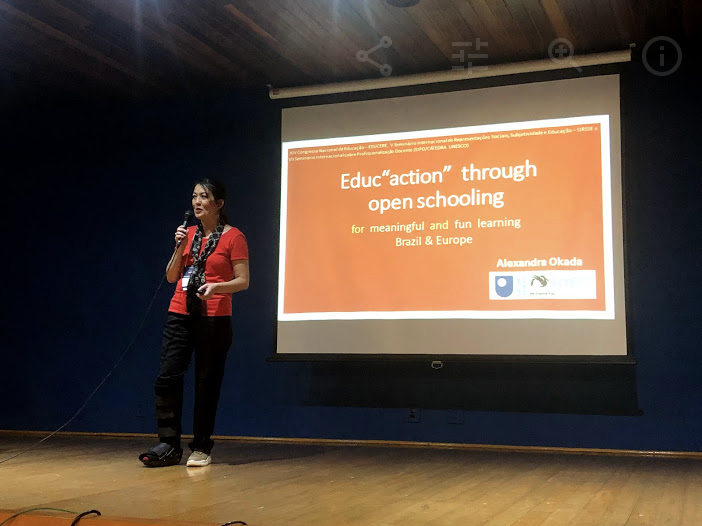
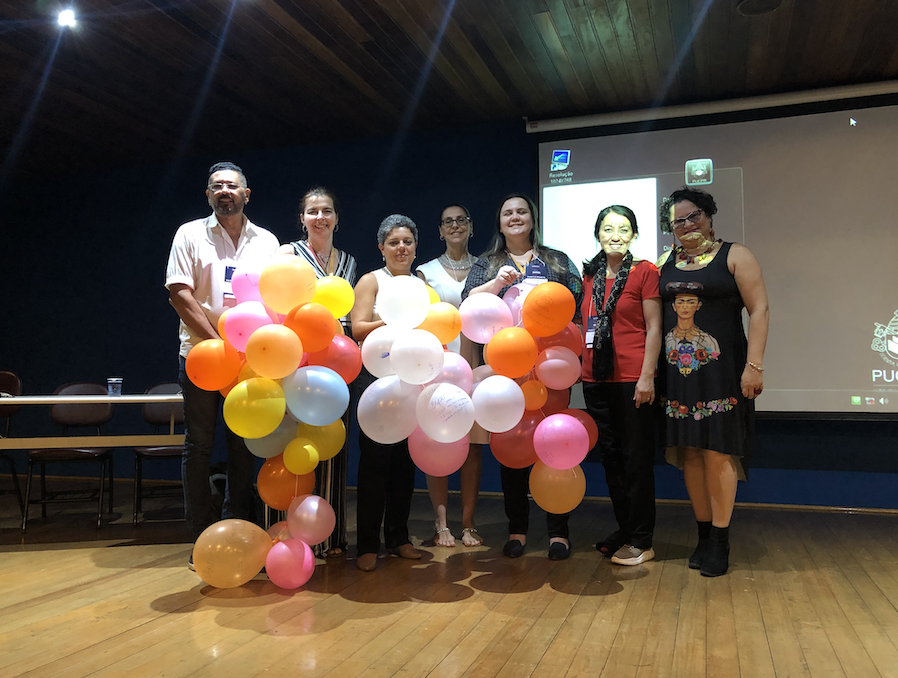 The event was a great opportunity to envision collaboratively the next steps of open schooling and RRI in Education including in terms of impact, policy and funding opportunities. This session ended with a nice proverb “If you want to go fast – go alone, if you want to go far – go together”
The event was a great opportunity to envision collaboratively the next steps of open schooling and RRI in Education including in terms of impact, policy and funding opportunities. This session ended with a nice proverb “If you want to go fast – go alone, if you want to go far – go together”